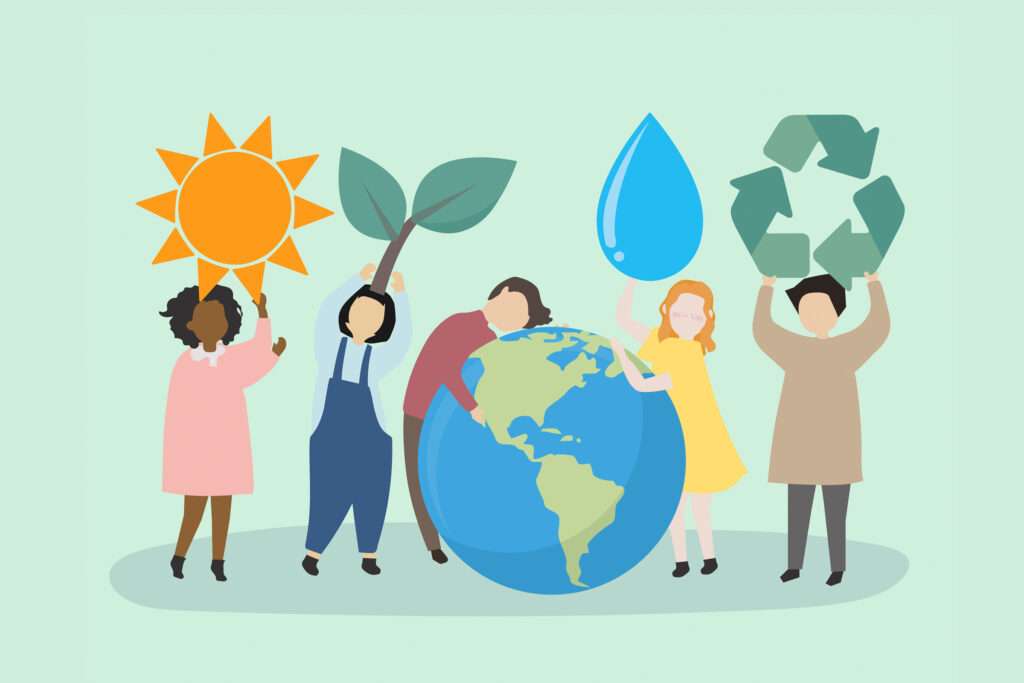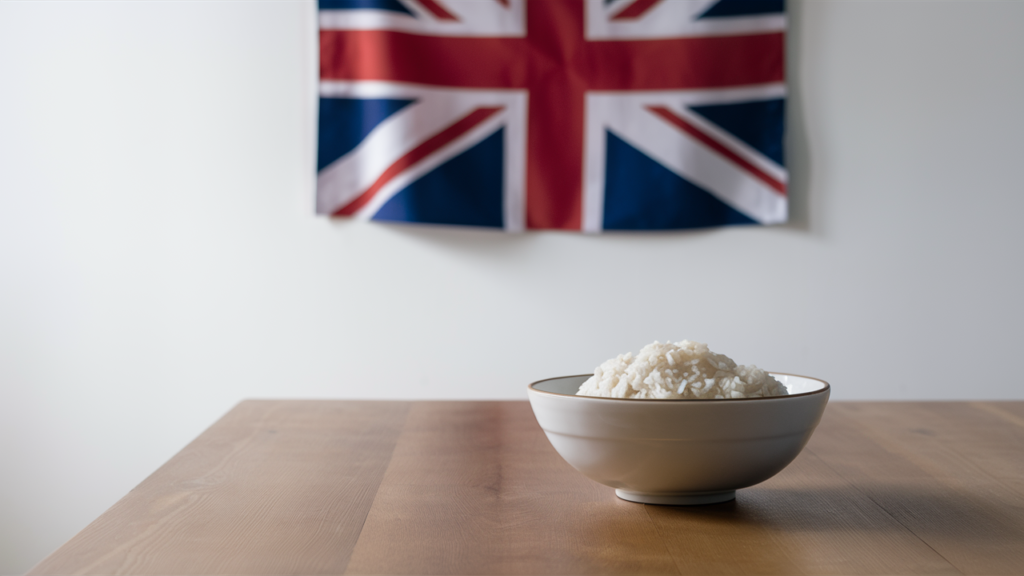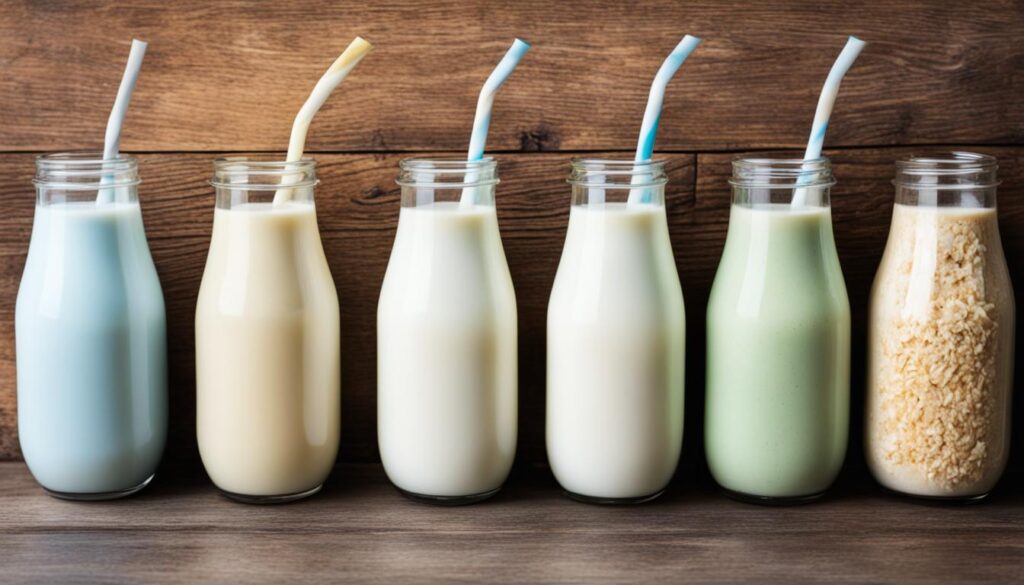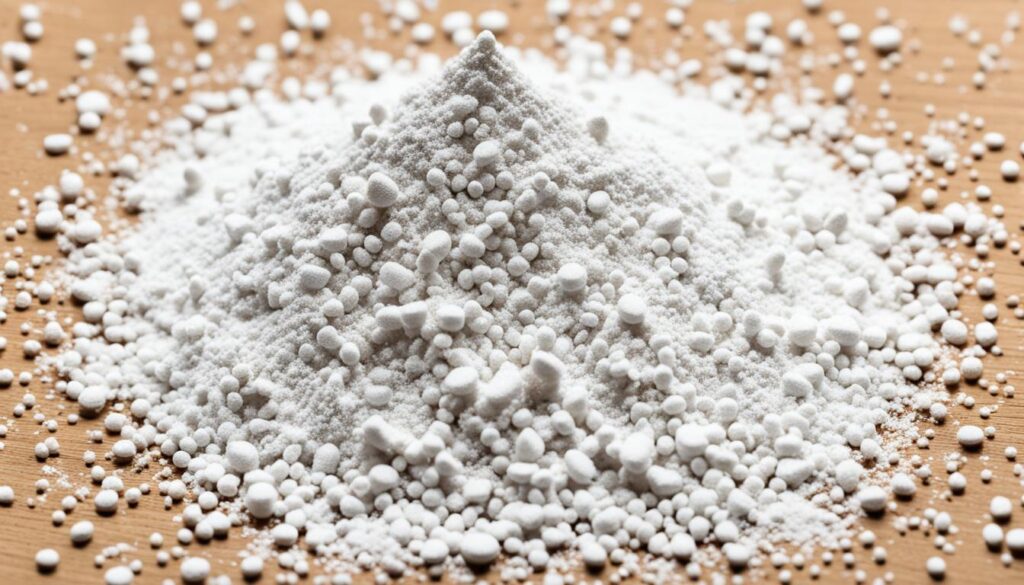What is Sustainability?
There is a massive gap between the production of food and the demand. This exists due to the inefficient management of resources that are needed for food production. Due to this reason, the idea of Sustainable agriculture was introduced. The objective is to fulfill society’s need for food in the present without compromising the needs of future generations. This type of agriculture aims to balance the need for food production and the conservation of the environment by protecting its ecological systems. The idea of sustainable agriculture is based on three main factors- a healthy environment, economic profitability for the practitioners, coupled with social and economic equity. Each individual involved in the agriculture sector—growers, food processors, distributors, retailers, consumers, and waste managers—can play a role in ensuring a sustainable system. Sustainable agriculture seeks to increase profitable farm income, promote environmental stewardship, enhance the quality of life for farm families and communities, and improve human food and fiber needs production. Moreover, it makes the most efficient use of nonrenewable and on-farm resources and integrates natural biological cycles and controls. Sustainable agriculture entails many practices such as crop rotation, permaculture, etc. All these methods improve soil health, reduce water usage for agricultural practices, lower pollution levels on farms by reducing fertilizers and pesticides, and promote biodiversity in crops grown and the ecosystem. In comparison, Conventional agriculture is one in which farmers use synthetic chemicals such as pesticides and fertilizers to increase the crop yield. It uses many chemicals and energy to maintain and produce the highest crop yields. Such high dependence on chemicals leads to a decrease in soil fertility. Sustainable farming methods do not use chemicals on the arm and only improve yield by improving soil health and integrating technology. The use of fertilizers also leads to more water usage, due to which conventional farming methods waste water and result in water logging, land pollution, and soil erosion. Additionally, Conventional focuses on monoculture, the same crop throughout, whereas sustainable farming practices polyculture, which helps improve the health of the soil. Conventional does not consider any harm being done to the environment; the main goal is to maximize the potential crop yield as much as possible. We will also name a few sustainable agricultural practices to give you an idea. The already prevalent ones are- cultivating nitrogen-efficient crop varieties, using natural fertilizers, implementing no till-farming, improving pasture management, rotating crops, and reducing the use of pesticides. The rising in importance among farmers is- adopting integrated soil fertility management, growing drought-tolerant varieties, using drip irrigation, adjusting planting times, and many more practices like these. It suffices to say- sustainable practices are the new way of life for farmers. They are not only improving the quality of life of agriculture practitioners but are simultaneously putting a halt to the world being harmed; conventional farming methods are one of the most significant reasons for environmental degradation. However, it must be noted that sustainable practices require significant investments in agricultural technology. If the world continues to innovate new methods, the world can collectively change the environment through these sustainable practices.












